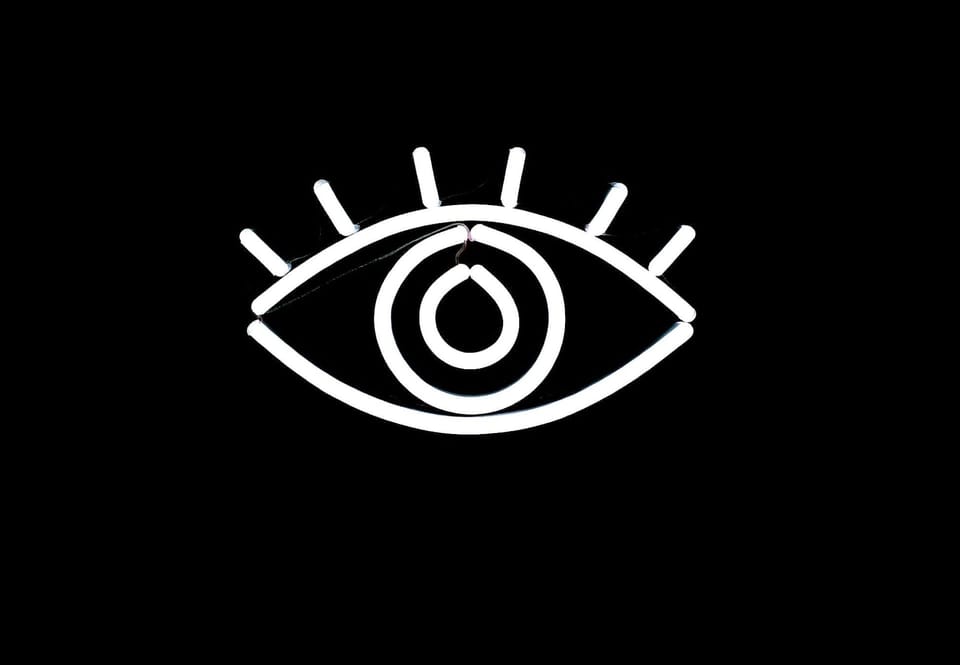Media effects 📡

"Crucial decisions are made – today as thousands of years ago – in terms of the intuitive guesses and preferences of a few men in positions of authority."
—Psychologist Amos Tversky
> the persuaders | wiring
The human mind can make even doctors and business titans and world leaders into helpless fools and alcoholics.
Despite major discoveries from scientists about the human mind and how it works, people still often believe they are somehow individually immune to the things I've been describing in these bite-sized stories.
They're somehow not vulnerable like everyone else to media effects and lapses in judgment and cognitive biases and the mind’s natural wiring.
- Perhaps no one is more aware of our ignorance than the advertising industry.
Why else would Wall Street corporations each spend millions and billions of dollars annually to promote brands and lifestyles that just happen to sell consumer products? $$$
- Still think you're immune?
Politicians in 2024 were slated to spend more than ever on political campaign ads – an estimated $12.3 billion.
Why spend so much if we're all immune to ads and media effects? Wrote psychologist Daniel Kahneman in a bestselling 2011 book:
>> "A reliable way to make people believe in falsehoods is frequent repetition, because familiarity is not easily distinguished from truth. Authoritarian institutions and marketers have always known this fact."
- next time "Someone’s buying."
- listening Crass "Banned from the Roxy"
>> full series | alerts | playlist / social | tip jar

51-2 | Plato's cave 🔥
> 35,000 decisions | black doll, white doll
Thinkers and truthseekers have long contemplated the human mind and how we interpret the world around us.
The ancient philosopher Plato wrote in "Allegory of the Cave" about a reality that existed beyond our immediate senses. He wondered if the mind was the seat of our cognitive processes and not our hearts. 💡❤️
- Centuries later, psychologists and other scientists have greatly accelerated our understanding of the human mind.
- These researchers aimed a mirror at us. What we saw wasn't what we imagined.
Studies in the 1950s, for example, showed that human beings were far quicker to conform to what the people around them were doing than we previously realized.
We'll comply even at our own expense with what others are doing to avoid friction or discomfort.
Scientists also began to more deeply investigate racial divisions and ask research questions we’d never asked before.
Mamie Phipps Clark was the first black woman to earn a doctorate in psychology from Columbia University. In one of Clark's classic studies, one-third of the black, child research participants shockingly said they more resembled a white doll than a black doll.
Over half of the research subjects called the black doll "bad" and not "nice."
Clark's work influenced the landmark 1954 Supreme Court decision known as Brown vs Board of Education. The justices concluded that racial segregation in American schools nationwide violated the U.S. Constitution.
- next time "Someone will still call you an asshole."
- listening Nina Simone "Baltimore"
>> full series | alerts | playlist / social | tip jar

